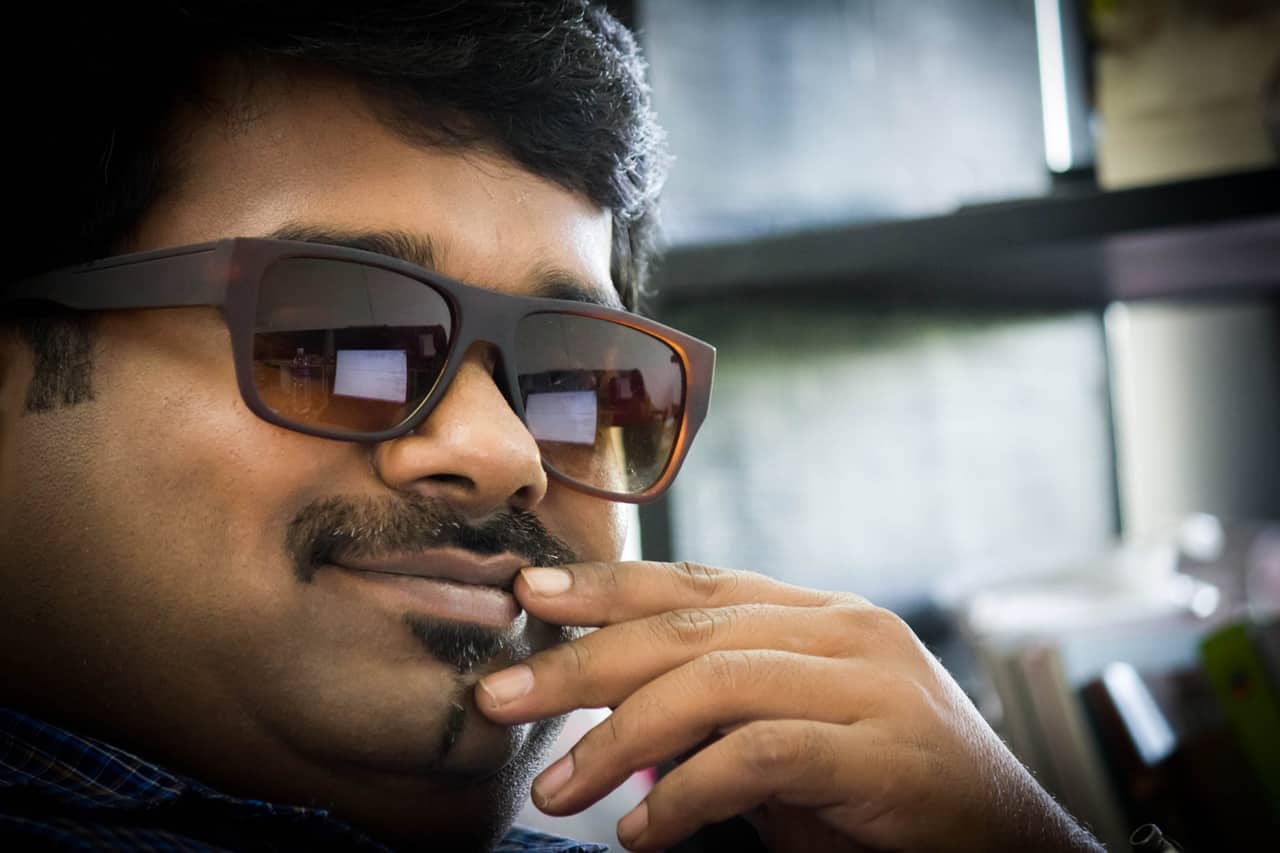The Essential Guide: Understanding the Role of an Event Manager in Detail
Welcome to the world of event management, where creativity meets organisation, and every detail matters in creating unforgettable experiences. Whether you’ve attended a mesmerising concert, a seamlessly executed conference, or an enchanting wedding celebration, behind each of these remarkable events is an unsung hero – the event manager. In this essential guide, we will dive deep into the captivating world of event management and unravel the intricacies that make it one of the most exciting professions today. So fasten your seat belts as we embark on a journey to understand the role of an event manager in all its glory – from envisioning extraordinary moments to meticulously coordinating logistics – get ready to be captivated by the magic that lies behind every successful gathering.
Introduction to Event Management
An event manager is responsible for the planning, coordination, and execution of events. They work with a variety of stakeholders to ensure that all aspects of an event are taken care of, from start to finish.
Event management is a growing field, and there is a need for skilled professionals who are able to think on their feet and handle the many moving parts that come with coordinating an event. If you are organised, detail-oriented, and have a passion for making sure everything runs smoothly, then a career in event management could be the right fit for you.
In this guide, we will cover everything you need to know about the role of an event manager. We will discuss what skills are necessary for the job, what duties you can expect to be responsible for, and how to get started in this exciting field.
What does an Event Manager Do?
An event manager is responsible for the planning, coordination, and execution of events. They work closely with event planners and suppliers to ensure that all aspects of the event are taken care of, from start to finish. Event managers may also be responsible for promoting the event and ensuring that it runs smoothly on the day.
The role of an event manager can vary depending on the size and type of event. For smaller events, the manager may be responsible for all aspects of the event, from planning to execution. For larger events, they may have a team working under them to help with different tasks. Regardless of the size of the event, an event manager must be able to think on their feet and solve problems quickly.
Some common duties of an event manager include:
-Researching potential venues and suppliers
– Negotiating contracts with suppliers
– Coordinating logistics such as transportation and accommodation
– Managing budgets
– Developing promotional materials
– liaising with clients, speakers, and guests
– overseeing onsite operations
– troubleshooting issues as they arise
The Different Roles of an Event Manager
An event manager is a professional who is responsible for the planning, coordination and execution of events. Event managers are often responsible for a wide range of tasks, from sourcing vendors to managing budgets to overseeing the event day itself.
There are many different roles that an event manager may play during the course of planning and executing an event. Some common roles include:
-Sourcing and booking venues
-Coordinating with vendors
-Managing budgets
-Creating timelines and schedules
-Overseeing set-up and break-down on event day
-Liaising with clients or sponsors
No two events are alike, so no two event managers will have exactly the same job. The role of an event manager will vary depending on the type of event being planned, the budget, the number of people involved, and other factors.
Creating a Successful Event with an Event Manager
When it comes to throwing a successful event, working with an event manager is key. An event manager is a professional who specializes in the coordination and execution of events. They have a deep understanding of the logistics involved in putting together an event, and they can provide invaluable guidance and support throughout the process.
If you’re planning an event, here are a few tips for working with an event manager to ensure a successful outcome:
1. Define your goals and objectives. Before you start working with an event manager, it’s important to have a clear understanding of what you hope to achieve with your event. What are your goals and objectives? What do you want your guests to experience? Answering these questions will help you and your event manager create a plan that’s aligned with your overall vision.
2. Communicate openly and frequently. Once you’ve hired an event manager, it’s important to keep the lines of communication open. Share any concerns or ideas you have about the event, and be sure to give feedback after each planning meeting. The more information your event manager has, the better they’ll be able to serve you.
3. Be realistic about your budget. It’s important to be realistic about what you can afford when planning an event. Yourevent manager will need to know your budget so they can make appropriate recommendations about vendors, rentals, etc. Trying to cut corners on costs will likely end up costing you more in the long run, so
Different Skills and Qualities Needed for the Job of an Event Manager
An event manager is responsible for the planning and execution of events. They work with clients to understand their needs and develop a concept for the event, negotiate contracts, and secure vendors. Event managers also create timelines and budgets, coordinate logistics, promote the event, and troubleshoot any problems that may arise.
To be successful in this role, event managers must be highly organized and detail-oriented. They must also be able to effectively communicate with clients, vendors, and other stakeholders. Event managers should have experience in project management and marketing. Additionally, they should be familiar with various event planning software programs.
Challenges Faced by an Event Manager
An event manager is responsible for the planning, coordination, and execution of events. While this may seem like a straightforward job, there are actually many challenges that an event manager may face.
One challenge is working with a variety of different people. An event manager must be able to communicate and collaborate effectively with venue staff, caterers, entertainers, and other vendors. In addition, they must be able to manage the expectations of the event’s hosts or organizers.
Another challenge is dealing with last-minute changes or problems. No matter how well-planned an event is, there is always the possibility of something going wrong. An event manager must be able to think on their feet and solve problems quickly in order to ensure that the event runs smoothly.
An event manager must be able to handle stress. This job can be very demanding, and there is often a lot of pressure to make sure everything goes perfectly. An event manager must be able to stay calm under pressure and make decisions quickly in order to avoid any disasters.
Tips for Becoming a Successful Event Manager
If you’re looking to become a successful event manager, there are a few things you should keep in mind. First and foremost, it’s important to be organized and detail-oriented. You’ll need to be able to juggle multiple tasks at once and keep track of all the details of your event.
It’s also important to be a good communicator. You’ll need to be able to effectively communicate with your team, vendors, and clients. You should also be able to handle difficult situations calmly and diplomatically.
Furthermore, it’s helpful to have some experience in the events industry. This will give you a better understanding of how events are run and what goes into planning them. And lastly, don’t be afraid to ask for help when you need it. No one expects you to be an expert on everything, so reach out to your network for support when needed.
By following these tips, you’ll be well on your way to becoming a successful event manager.
Conclusion
We hope this article has given you a thorough understanding of the role of an event manager and all that it entails. Being an event manager is a highly rewarding career, as it allows one to exercise their creativity while managing large-scale projects and working with diverse groups of people. With hard work, dedication, and passion for your craft, you too can become a successful event manager![/vc_column_text]
Article By: Vinoth – Event Manager and Director




